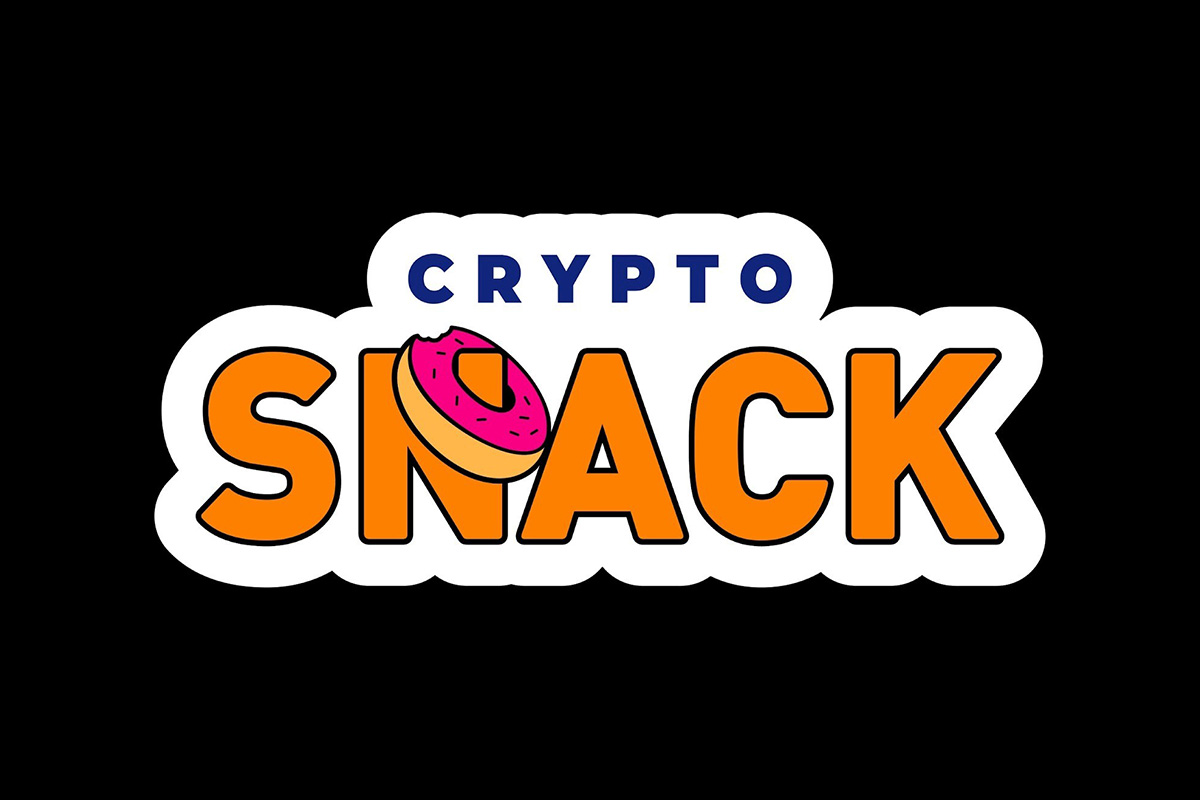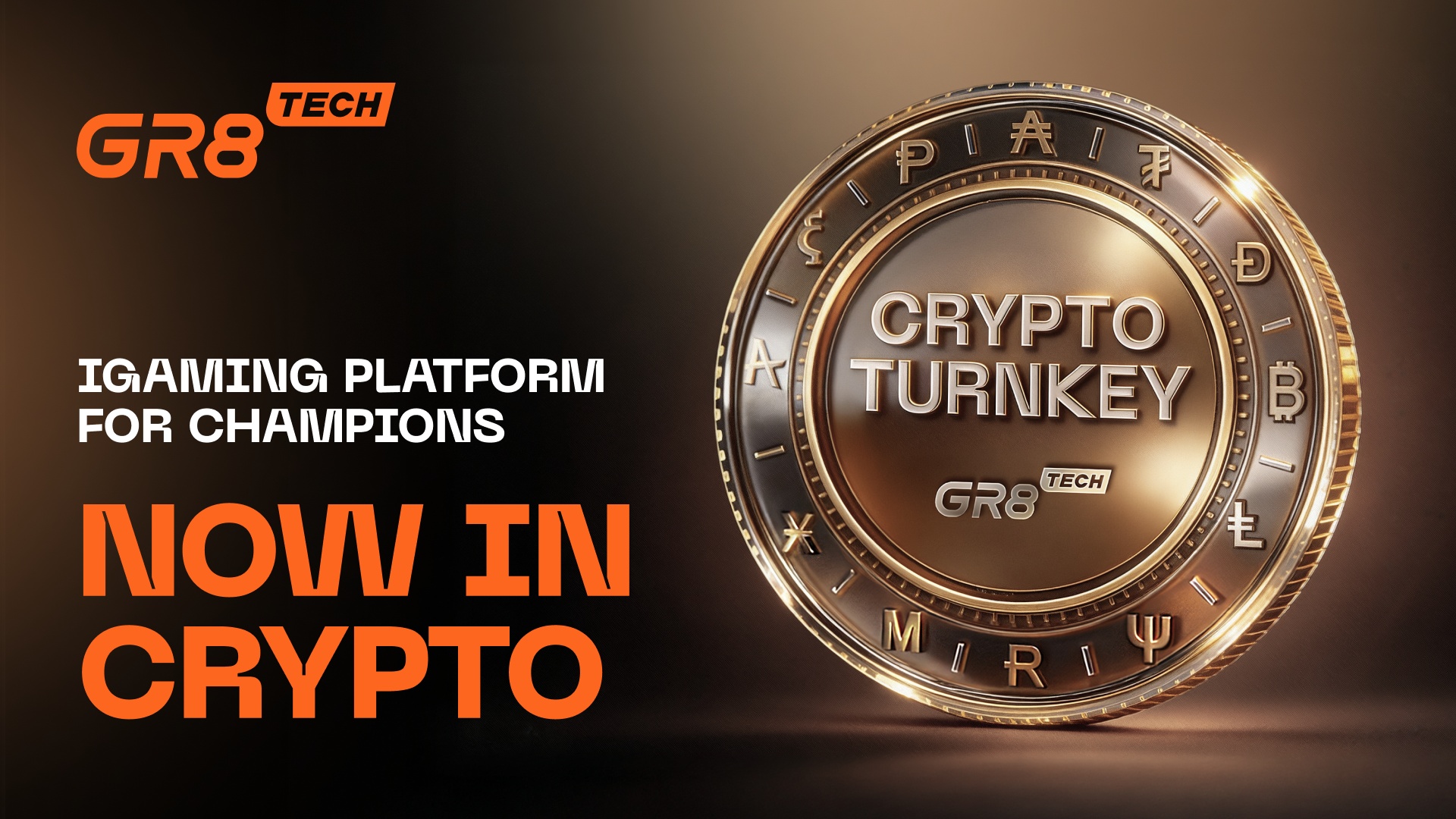Blockchain
Parabolic Announces the Multichain Relaunch of its Token with a GameFi Twist

After a successful parabolic run when it first launched in October last year, Parabolic is now re-launching as a multi-chain platform. The new platform will initiate a launch on ETH, BSC, Fantom, Matic, and AVAX on the 21st April 2022! Along with an upcoming tier 2 exchange listing that is planned after launch, Parabolic plans to be a powerhouse in crypto-style casino games that will one day be available in its very own MetaVerse!
The debut game from Parabolic is a unique launch simulation crash game with mid-game cashouts and a chart that climbs and collapses. The game is finally going to be made public after 6 long months of development.
The platform has also just released a Gleam Giveaway Competition with a grand prize worth $1000. One lucky winner will receive $1000 worth of Parabolic Token after Game Launch, while 100 more lucky winners will receive $10 worth of Parabolic after Game Launch. In order to participate and stand a chance to win the grand prize users must complete actions on the gleam competition to get entries. The more entries you have, the higher your chance of winning!
The Parabolic team has also commissioned one of the most respected contract developers in space to build their new bridge. Utku Alpagut from dapprex.com is a renowned developer with an impeccable record to back it up. His involvement with the Parabolic ecosystem only signifies the potential that this GameFi project holds.
This new crash game will offer much more excitement than any other similar game on the market. The game is very engaging and immersive. At the beginning of each round, players will place their bets by depositing the amount of parabolic token they wish to gamble. As the round progresses the trading chart will become more and more parabolic increasing the bet multiplier. The aim of the game is to cash out before the chart rug pulls (crashes). The gameplay is based on crypto trading charts and is designed to look that way also. To place your bet, you ‘Buy’ tokens, and to cash out you ‘Sell’ Tokens. A portion of the house edge is then burned and removed from circulation, enhancing the token’s value for all holders.
There are several elements that distinguish this crash game from the rest. One of them is a one-of-a-kind feature that allows users to cash out a percentage of their wager while playing live. 50% of the house edge profit from the parabolic game will be burned to boost the coin’s value for its owners. The remaining 50% of profits will be put aside for game liquidity. With a large amount of game liquidity, winners will always be able to be paid out on schedule. The transaction taxes of the Parabolic Token include:
Transaction Taxes:
3% – Unique Buy Back
3% – Deflationary Burn
3% – Auto Liquidity
3% – Game Development
What makes the Parabolic ecosystem so Lucrative
When Parabolic burns tokens, it entirely eliminates them from the supply, unlike most coins that simply transfer burnt tokens to a dead address. As a result, the liquidity to market cap ratio is constantly decreasing, raising the value of users holdings in respect to the market cap. The project expects it’s tokenomics to wipe out a high percentage of the supply within the first 24 hours of its debut.
Holders of Parabolic Token will also not be hit by exorbitant taxes. Instead, every penny collected from transaction taxes will be invested back into the project. The Parabolic team have given their commitment to providing the best crypto experience to all their valued investors.
Powered by WPeMatico
$SNACK token
Crypto Snack Unveils Five-Pillar Ecosystem Spanning Sports, RWA Tokenisation, iGaming, Consumer Rewards and Payments

Crypto Snack, the blockchain-based crypto infrastructure company behind the $SNACK token, has announced the full scope of its multi-vertical ecosystem — spanning a Premier League football partnership, institutional-grade real-world asset (RWA) tokenisation, licensed iGaming, a live consumer rewards platform and an integrated crypto wallet and payments app.
The announcement marks a strategic repositioning for the project, which has spent the past 18 months building infrastructure, securing partnerships and obtaining licences ahead of a coordinated 2026 launch across all five verticals.
“Most crypto projects pick one lane. We’ve built five — and every single one generates real revenue for the token. This isn’t a roadmap built on promises. The partnerships are signed, the licences are secured, and the technology is built. 2026 is about execution,” Stuart Morrison, CEO and Founder of Crypto Snack.
Premier League Partnership
Crypto Snack has secured a partnership with an English Premier League football club, making it the first project to process cryptocurrency payments for a PL club. The integration covers matchday ticket purchases, merchandise sales, LED stadium advertising, VIP hospitality packages, and Ticketmaster-integrated ticketing — with $SNACK enabled as a direct payment method.
The club name remains under embargo ahead of a formal joint announcement in the coming weeks.
Real-World Asset Tokenisation
Crypto Snack facilitated and represents the Alkemya Metacore Security Token Offering (STO), which is listing on a regulated tokenised securities exchange. The STO comprises 800 million tokens, with Crypto Snack holding a 3% allocation. Proceeds are received in USDT, with remaining tokens generating ongoing cash distributions.
The company is actively tokenising UK real estate, commodities, and securities at institutional scale, with projects valued at up to $1.5 billion.
Licensed iGaming
Snack Casino and Snack Bet — a fully licensed online casino and sportsbook — are scheduled to launch in 2026, operated by a strategic iGaming partner under a licensed agreement to use the Crypto Snack brand. All bonuses, rewards and referral incentives will be distributed exclusively in $SNACK tokens, creating a recurring demand mechanism for the token independent of speculative trading.
Live Consumer Rewards
Snack Rewards is already live in the US through a partnership with Affina Loyalty, offering cashback paid in $SNACK tokens across more than 2000 brands including Apple, Nike, IKEA and Uber. The merchant-funded model means brands fund the cashback directly, with Crypto Snack earning a 1% commission on every transaction. UK and European expansion is scheduled for Q3 2026.
Snack App and Wallet
The Snack App will serve as the central gateway to the entire ecosystem, featuring a built-in crypto wallet with virtual debit cards, buy/sell/trade functionality and unified access to all rewards and loyalty programmes. The app is designed for mainstream adoption, removing the technical barriers that typically prevent non-crypto users from entering the space.
The post Crypto Snack Unveils Five-Pillar Ecosystem Spanning Sports, RWA Tokenisation, iGaming, Consumer Rewards and Payments appeared first on Eastern European Gaming | Global iGaming & Tech Intelligence Hub.
Blockchain
RPM APPOINTS WEB3 EXPERT STEVE WHYMAN TO LEAD ON BLOCKCHAIN STRATEGY

RPM, the specialist in retail and online betting and gaming, has announced that it has bolstered its digital markets capabilities with the appointment of Steve Whyman as Director of Web3 & Crypto.
Whyman joins RPM with a mandate to shape the credible adoption of blockchain technology within the global gaming industry, and will assist partners with a unique, high-level consultancy service that helps deliver faster routes to market using decentralised offerings and tokens.
This appointment internalises Steve Whyman’s institutional pedigree, having spent 25 years in senior trading and leadership roles with industry giants including Amundi, Aviva, and BlackRock, while he most recently served as Head of Debt Capital Markets at Fidelity International where he oversaw the $90bn fixed income primary markets portfolio and led the tokenisation of the firm’s money market fund.
With the added, potent combination of Web3 experience as founder and CEO at Fulminata Solutions, a digital capital markets boutique working with Layer-1 blockchains and prominent stablecoins, Whyman is well-positioned to translate digital finance innovations into practical gaming applications for RPM partners.
During his time at Fulminata Solutions, Whyman has established himself as a thought leader in the Web3 space with specific expertise in the Solana ecosystem. He currently serves as a Strategic Advisor to KEEL.FI, the largest allocator on Solana, and his new role will see this knowhow utilised to provide the gaming sector with a more seamless path to new business models, improved transparency, and new sustainable growth opportunities.
Richard Thorp, Founder at RPM, said: “Appointing Steve is a landmark moment for us as we take a major step forward in delivering on Web3’s promise. His background is exceptional. Blending the rigour of institutional finance and a first-rate, hands-on understanding of decentralised markets, we’re hugely confident that our partners will be able to reap the benefits of his expertise in bridging to new product and market opportunities in the space.”
Steve Whyman, RPM’s new Director of Web3 and Crypto, added: “I’m thrilled to join RPM at a pivotal time as the gaming industry moves beyond speculative Web3 trends towards implementing genuine utility. My focus will be on delivering major new value opportunities to clients in digital finance through consulting on various product improvements, such as instant settlement opportunities, smoother payment rails or executing on innovative, tokenised growth models.
“By fostering partnerships between RPM, our clients, and the leading, high-performance Layer-1 blockchains, we have a massive opportunity to build igaming-led systems that improve transparency, operational efficiency, and, critically, improve the bottom line, and working alongside Rich and the team, we’re in a strong position to genuinely lead Web3 gaming innovation from the front.”
The post RPM APPOINTS WEB3 EXPERT STEVE WHYMAN TO LEAD ON BLOCKCHAIN STRATEGY appeared first on Eastern European Gaming | Global iGaming & Tech Intelligence Hub.
Blockchain
GR8 Tech Launches Crypto Turnkey: High-Value iGaming Platform for Global Expansion

GR8 Tech has officially unveiled its Crypto Turnkey solution, a comprehensive platform designed to give iGaming operators a modern, multi-wallet infrastructure for global expansion. By integrating native multi-currency support from day one, the solution eliminates the need for third-party crypto vendors and complex technical integrations.
According to Denys Parkhomenko, CPO at GR8 Tech, the shift toward crypto is no longer optional for operators looking to dominate.
“Industry data shows crypto players deposit 35-50% more and bet with 40-60% higher frequency than traditional players,” says Parkhomenko. “The operators winning their markets are the ones acting on that data now, not waiting. We built Crypto Turnkey to make that move simple.”
Eliminating Payment Provider Bottlenecks
One of the most significant hurdles for modern iGaming businesses is the dependency on traditional payment providers. Regulatory hurdles or provider outages can delay launches or halt active businesses.
Crypto Turnkey removes these bottlenecks, allowing for:
-
Faster Market Entry: Go live quickly without waiting for lengthy traditional payment approvals.
-
Operational Stability: Payment uptime is controlled by the operator, ensuring a 24/7 uninterrupted revenue flow.
-
Full Compliance: The platform supports over 15 popular cryptocurrencies (including Bitcoin, Ethereum, and USDT) while maintaining strict KYC and responsible gambling standards through existing GR8 Tech modules.
Designed for the VIP Experience
High-stakes players are the lifeblood of the industry. In 2025, VIP players accounted for 47% of total turnover across GR8 Tech’s verticals. These users increasingly demand the privacy, speed, and high transaction limits that only blockchain can provide.
The Crypto Turnkey multi-wallet system provides the flexibility these premium segments expect:
-
Single Account, Multiple Currencies: Players can hold and switch between currencies instantly.
-
No Conversion Friction: Deposit and withdraw in crypto without losing value to unnecessary exchange fees.
-
Real-time Calculations: For games requiring fiat denominations, the system automatically handles balance segregation and exchange rate calculations.
Lower Fees and Zero Chargeback Risks
The economic advantages of the Crypto Turnkey solution are clear. While traditional fiat transactions typically cost between 2.5% and 5%, GR8 Tech’s solution slashes these costs to approximately 0.5%.
Furthermore, because blockchain transactions are irreversible, operators can say goodbye to chargeback fraud and the administrative nightmare of dispute management. Settlement times are also reduced from the standard 3-5 business days to just 10-30 minutes.
The Platform for Champions
When combined with the broader GR8 Tech ecosystem—including AI-driven personalization, advanced CRM tools, and geo-specific “Champion setups”—the Crypto Turnkey solution becomes a powerful engine for maximizing player lifetime value.
The solution is now available globally. New operators can deploy it as a complete turnkey package, while existing GR8 Tech clients can activate crypto capabilities without any additional technical integration.
Meet GR8 Tech at ICE 2026
Are you ready to unlock the potential of the “Platform for Champions” in crypto mode?
Book a meeting with the GR8 Tech team at ICE 2026 to discuss how we can accelerate your success in person at Booth 1C50 in Barcelona.
The post GR8 Tech Launches Crypto Turnkey: High-Value iGaming Platform for Global Expansion appeared first on Eastern European Gaming | Global iGaming & Tech Intelligence Hub.
-

 ACMA6 days ago
ACMA6 days agoACMA Blocks More Illegal Online Gambling Websites
-

 CEO of GGBET UA Serhii Mishchenko6 days ago
CEO of GGBET UA Serhii Mishchenko6 days agoGGBET UA kicks off the “Keep it GG” promotional campaign
-

 Aurimas Šilys6 days ago
Aurimas Šilys6 days agoREEVO Partners with Betsson Lithuania
-

 Canada5 days ago
Canada5 days agoRivalry Corp. Announces Significant Reduction in Operations and Evaluation of Strategic Alternatives
-

 Latest News5 days ago
Latest News5 days agoTRUEiGTECH Unveils Enterprise-Grade Prediction Market Platform for Operators
-

 Central Europe6 days ago
Central Europe6 days agoNOVOMATIC Once Again Recognised as an “Austrian Leading Company”
-

 Acquisitions/Merger5 days ago
Acquisitions/Merger5 days agoBoonuspart Acquires Kasiino-boonus to Strengthen its Position in the Estonian iGaming Market
-

 Firecracker Frenzy™ Money Toad™5 days ago
Firecracker Frenzy™ Money Toad™5 days agoAncient fortune explodes to life in Greentube’s Firecracker Frenzy™: Money Toad™



















